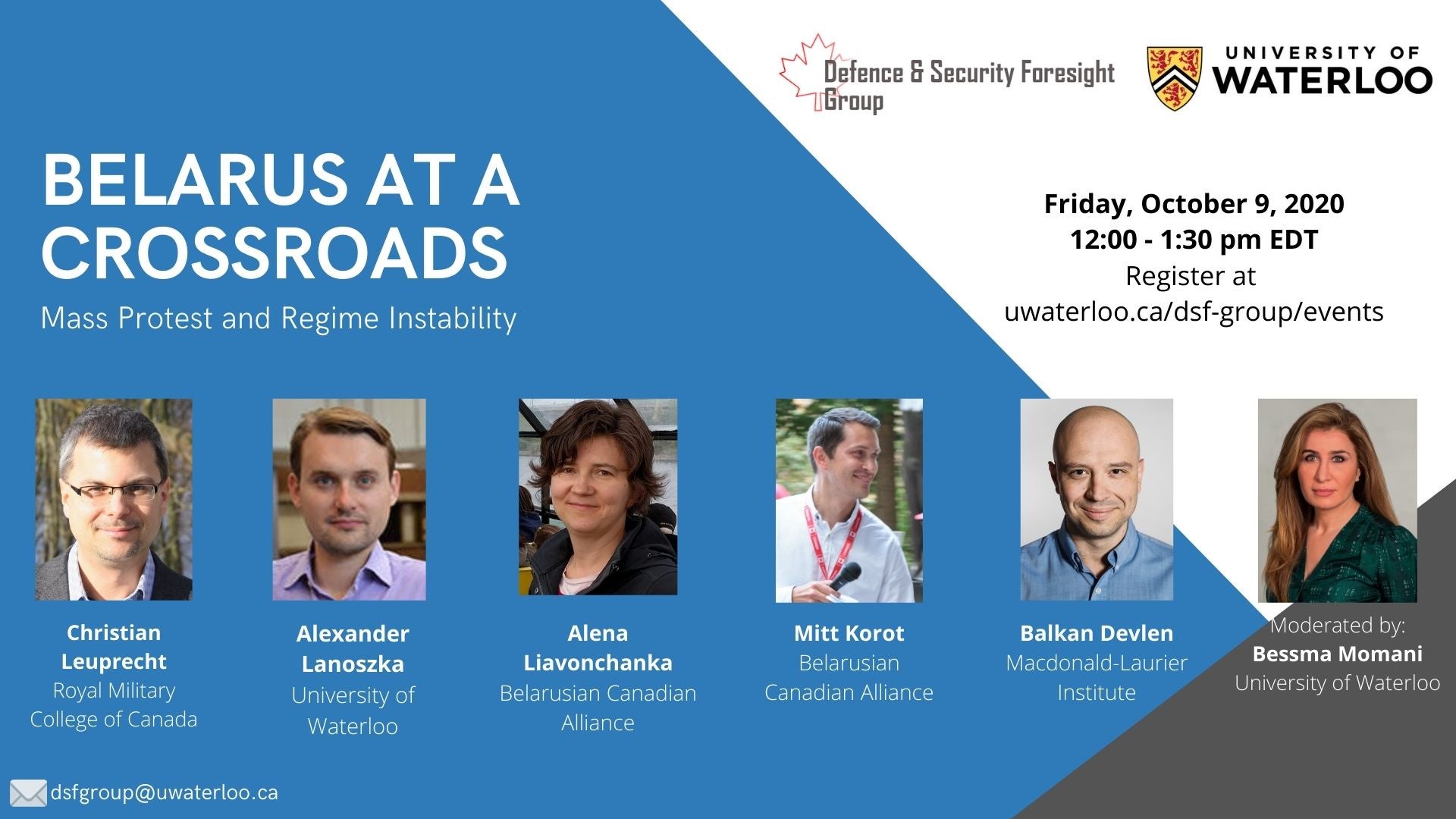
The Defense and Security Foresight Group presents “Will Belarus Collapse? Mass Protest and Regime Instability.” In collaboration with the Class of 1965 Professor in Leadership at the Royal Military College and the Belarusian Canadian Alliance, the event brings into conversation affiliates of the Belarusian Canadian Alliances with international relations experts on European Security and Russian foreign policy, on the challenges ahead for Belarus, and the historical legacy that has brought us to where we are today.
The recent re-election of Alexander Lukashenko, the President of Belarus since 1994, has led to mass protest decrying a rigged election. The protests and their scales, as well as the active repression of it by the regime, has led to a high level of instability in Belarus. The future is uncertain for Belarus as protests keeps gaining in intensity.
This webinar engages with a series of relevant question to the situation on the ground. Can President Lukashenka survive the current unrest? If he does, what are the implications for Belarus? Alternatively, what would a Belarus on the verge of collapse look like? Would Russia take the opportunity to intervene and solidify its sphere of influence in the region? What steps are Belarus and Lukashenka taking to forestall such prospect? Why should Canada’s defence and security community be paying attention?
Panelists
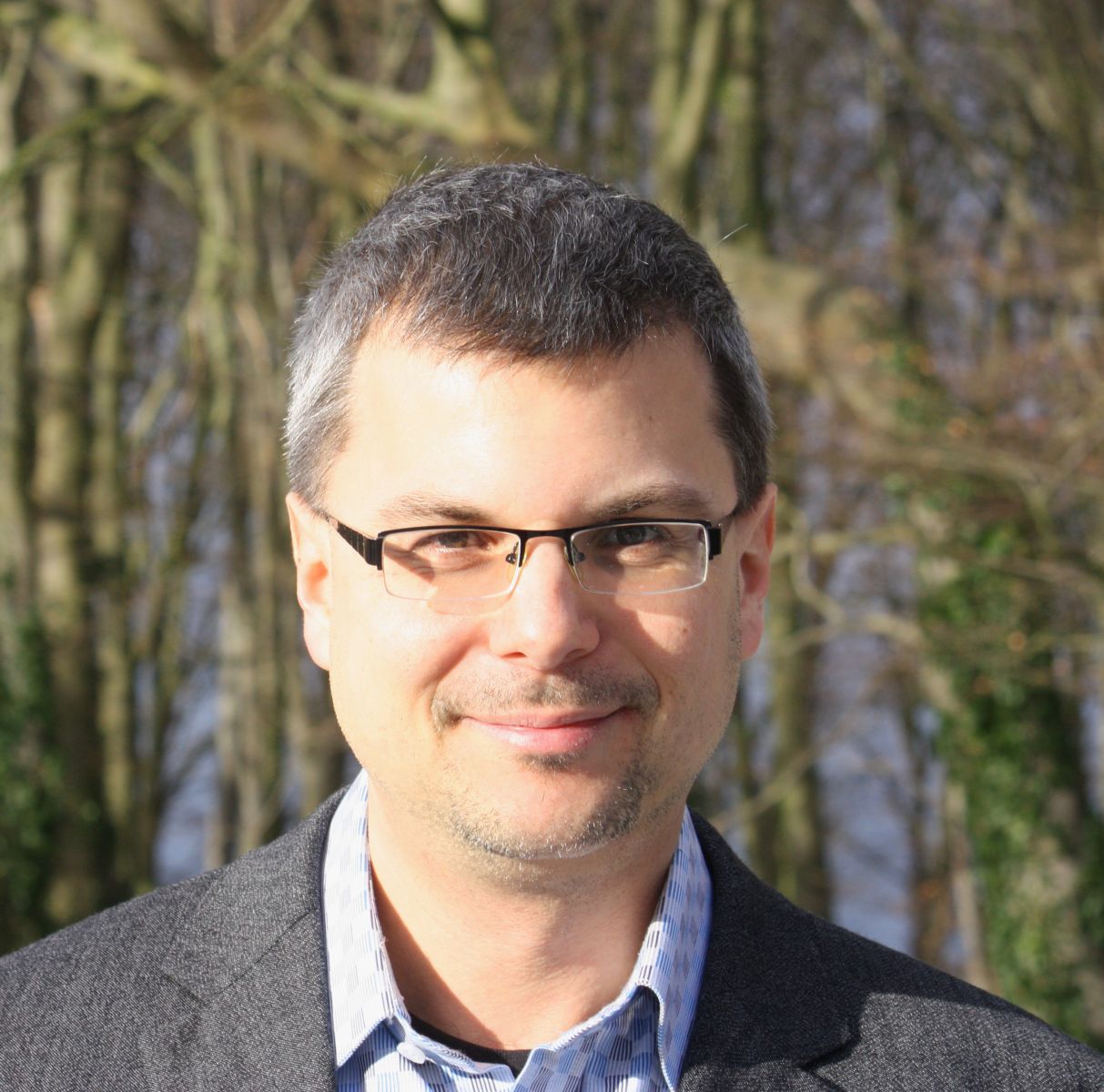
Dr. Christian Leuprecht, Royal Military College of Canada
Christian Leuprecht (Ph.D, Queen’s) is Class of 1965 Professor in Leadership, Department of Political Science and Economics, Royal Military College and Eisenhower Fellow at the NATO Defence College in Rome. He is cross-appointed, Department of Political Studies and the School of Policy Studies, Queen’s University, where he is affiliated with both, the Queen’s Centre for International and Defence Policy and the Institute of Intergovernmental Relations, and Adjunct Research Professor, Australian Graduate School of Policing and Security, Charles Sturt University as well as the Centre for Crime Policy and Research, Flinders University. A recipient of RMC’s Cowan Prize for Excellence in Research and an elected member of the College of New Scholars of the Royal Society of Canada, he is also Munk Senior Fellow in Security and Defence at the Macdonald Laurier Institute. An expert in security and defence, political demography, and comparative federalism and multilevel governance, he has held visiting positions in North America, Europe, and Australia, and is regularly called as an expert witness to testify before committees of Parliament. He holds appointments to the board of two new research institutes funded by the German government, including the German Institute for Defence and Strategic Studies.
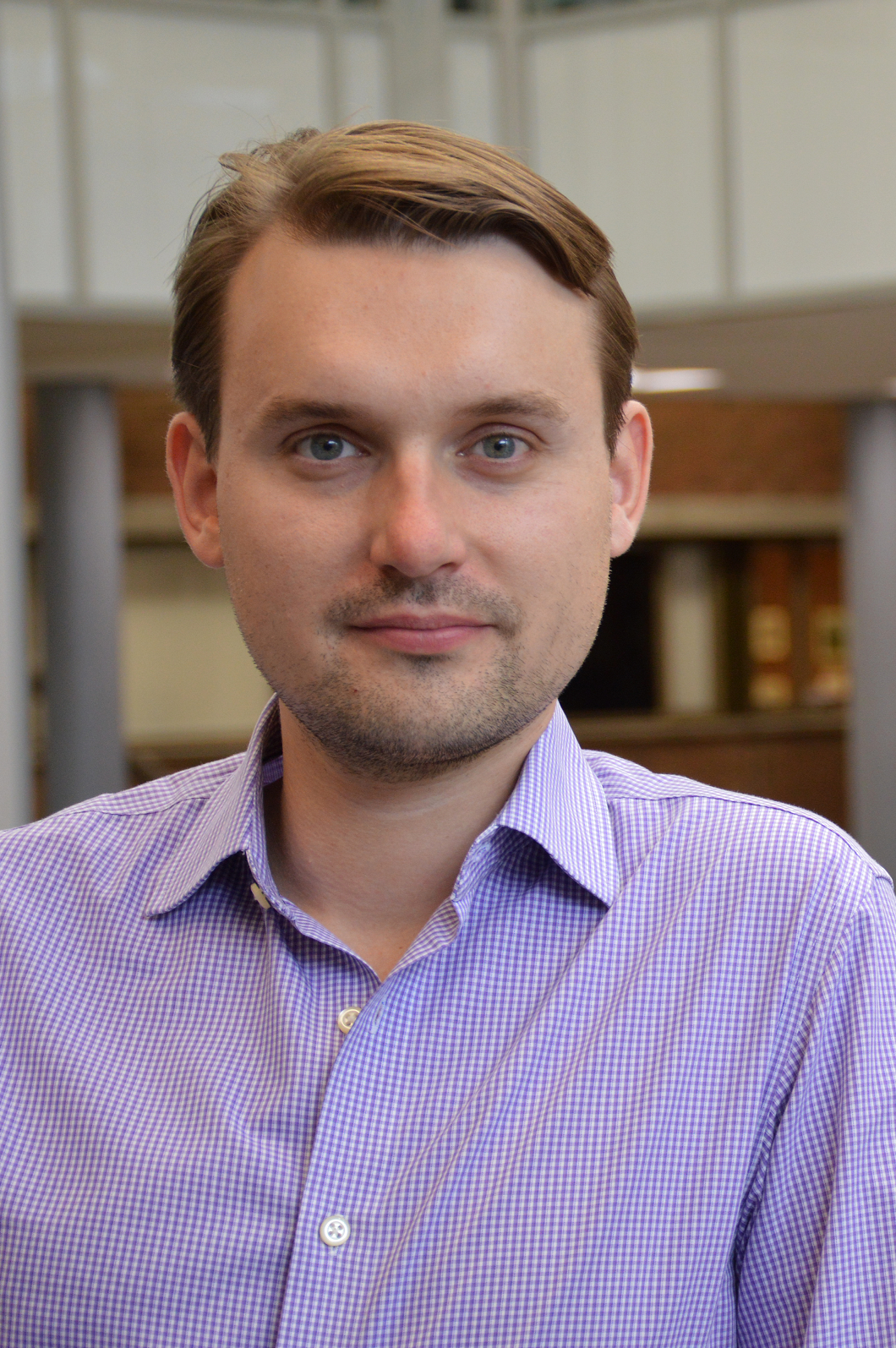
Dr. Alexander Lanoszka, University of Waterloo
Dr. Alexander Lanoszka is an Assistant Professor of International Relations at the University of Waterloo. His research agenda encompasses international security, alliance politics, and theories of war, with special focus on Central and Northeastern Europe. He sits on the editorial board of the journal Contemporary Security Policy and is an Honorary Fellow at City, University of London, where he previously taught prior to coming to Waterloo. He held fellowships at the Massachusetts Institute of Technology and Dartmouth College upon finishing his PhD at Princeton University.
He has published articles in such journals as International Security, International Affairs, Security Studies, and The Nonproliferation Review. His book Atomic Assurance: The Alliance Politics of Nuclear Proliferation (with Cornell University Press) examines how alliances can best deter, and reverse, efforts at nuclear proliferation by states that receive security guarantors from the United States. He also has a Strategic Studies Institute monograph (co-authored with Michael A. Hunzeker) that focuses on how the U.S. Army can contribute to the defence of the Baltic region against external aggression. His research has taken him around the world to conduct interviews and to collect archival materials.
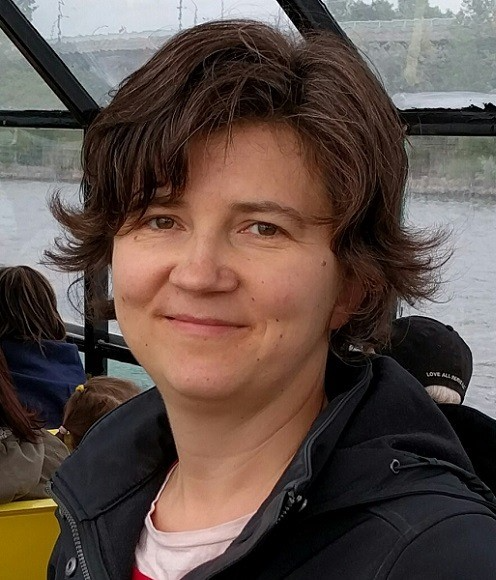
Alena Liavonchanka, Belarusian Canadian Alliance
Alena Liavonchanka is the chair of Belarusian Canadian Alliance, the main Belarusian diaspora organization in Canada established in 1948. Alena is based in Toronto where she works as a deputy director at a large pharmaceutical company. Prior to the current position, she had a successful academic career completing PhD in molecular biology at University of Goettingen, Germany and postdoctoral studies at University of Toronto in the field of structural biology. Alena was born in Eastern Belarus and her family was evacuated in the aftermath of Chernobyl accident, she benefited from several foreign aid initiatives as a child. Alena strongly believes the humanitarian and political crises in Belarus cannot be resolved without strong international cooperation.

Dr. Balkan Devlen, Macdonald-Laurier Institute
Dr. Balkan Devlen is a Senior Fellow at Macdonald-Laurier Institute, Adjunct Research Professor at Norman Paterson School of International Affairs at Carleton University, and Superforecaster for Good Judgment, Inc.
His primary research interests include; security challenges in NATO’s Eastern and Southern flanks, the foreign and security policies of Russia and Turkey, decision-making under uncertainty, and forecasting and strategic foresight.
He has published extensively on foreign policy, international security, and international affairs and has given several invited talks and lectures to diverse audiences including senior policy-makers in Europe, the US, and Canada. He is a regular commentator in a wide range of international media outlets on Turkey, Russia, and the Middle East. He has nearly two decades of international experience in teaching, training, supervision, and research management in Europe, the US, and Canada. Dr. Devlen is an external expert for the European Commission’s Horizon 2020 program since 2014 and has been a Vice-Chair for panel of experts. He was a “Superforecaster” in IARPA-sponsored geopolitical forecasting competition (ACE).
Until August 2020 he was Associate Professor in the Department of Political Science at the University of Copenhagen. Previously he was a Marie Sklodowska Curie Fellow, Ozerdinc-Grimes Fellow at NPSIA - Carleton University, Black Sea Young Reformers Fellow, and Levin Institute Fellow.
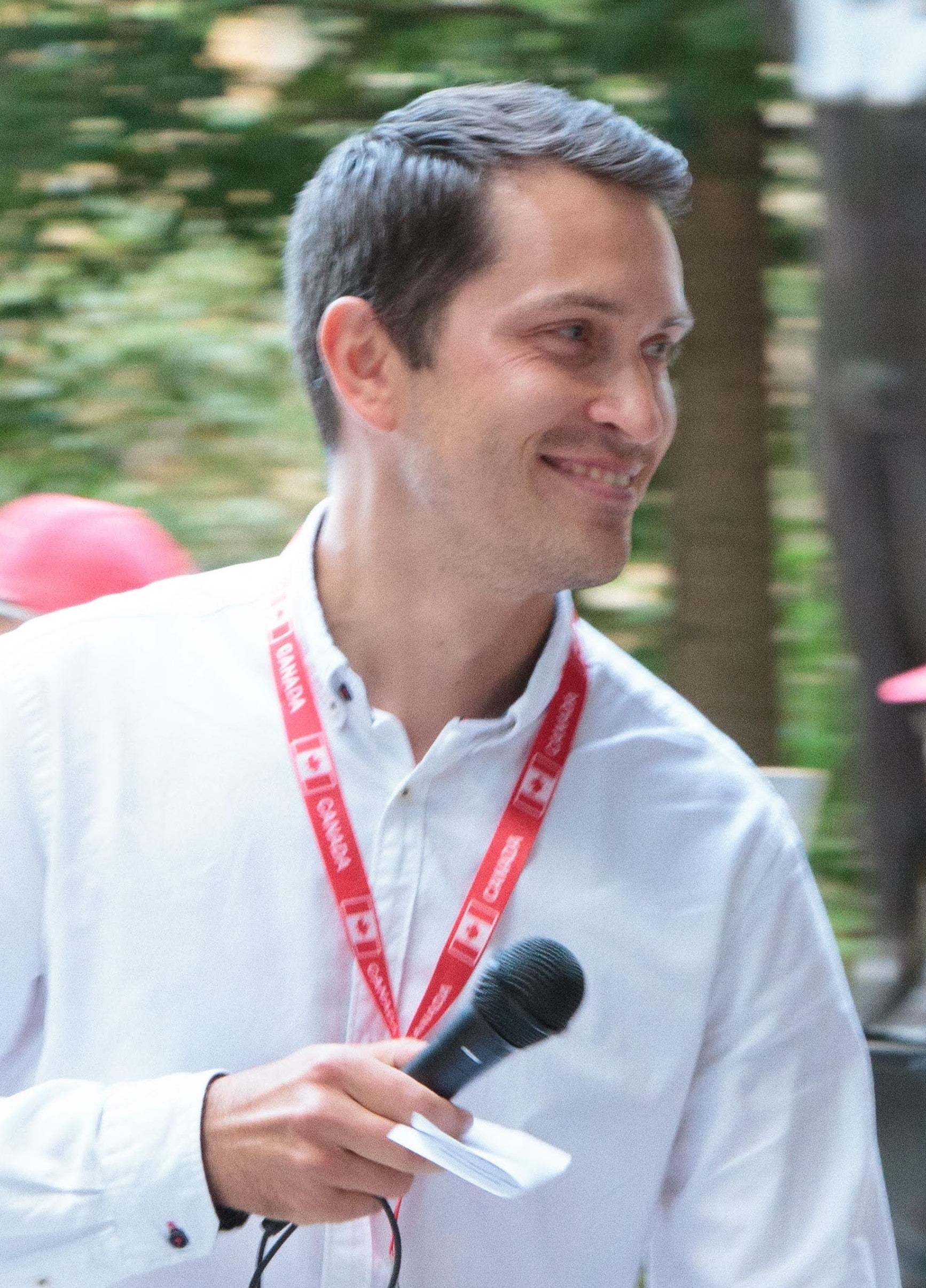
Mitt Korot, Belarusian Canadian Alliance
Mitt Korot (Belarusian: Зьміцер Карацееў) leads External Affairs at the Belarusian Canadian Alliance, the main Belarusian diaspora organization in Canada. Mitt is based in Toronto where he works as a strategy consultant at a Fortune 500 management consulting firm. Prior to his career in business, Mitt worked as a communication consultant at the United Nations Office in Belarus, donor relations associate at Poland-based European Radio for Belarus, and interned at the Ministry of Foreign Affairs of Belarus. Mitt has a B.A. in International Relations from Belarusian State University, M.A. in Political Science from Central European University, and MBA from Brandeis International Business School.
Moderator
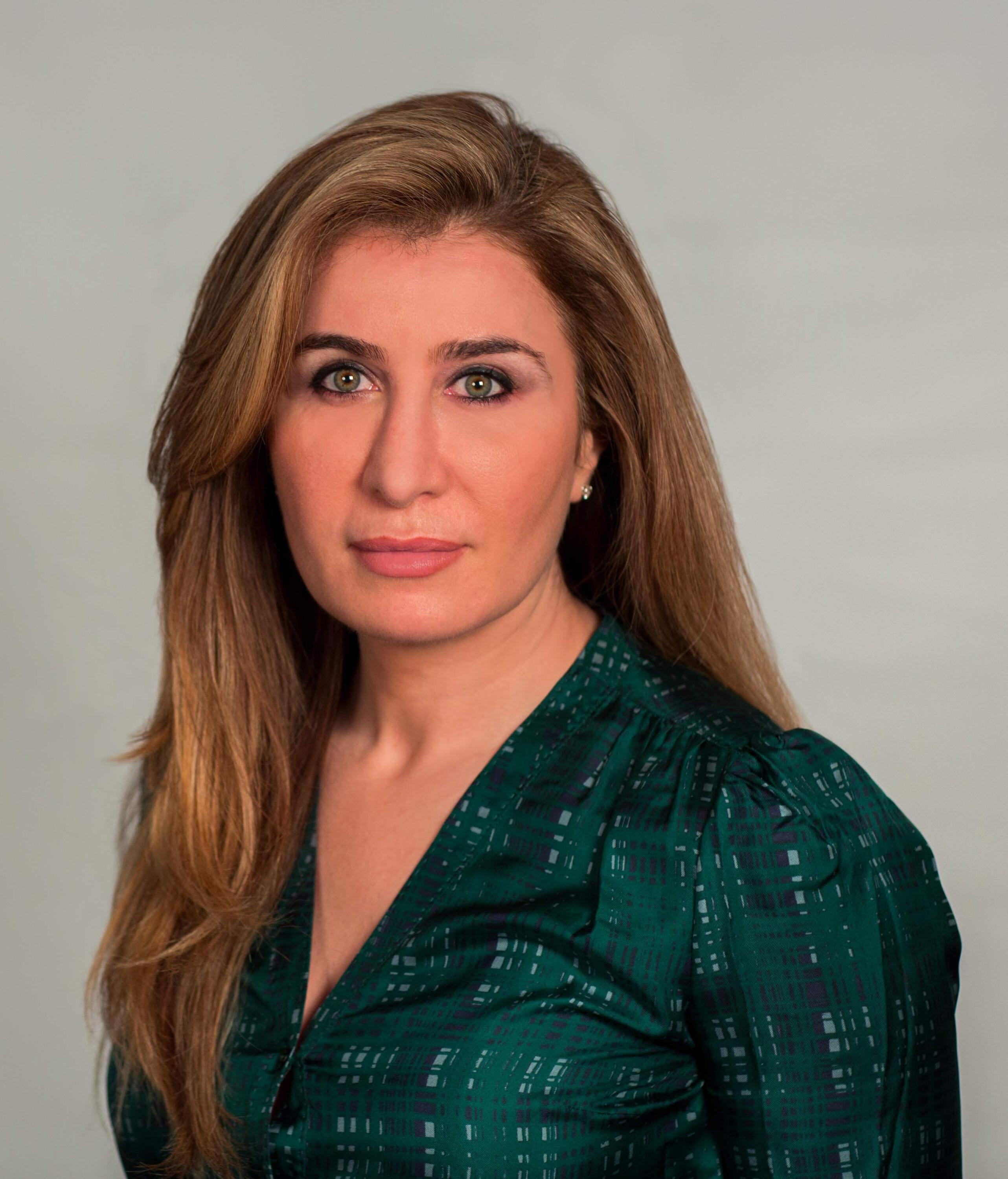
Dr. Bessma Momani, University of Waterloo
Dr. Bessma Momani is Full Professor and interim Assistant Vice-President of International Relations at the University of Waterloo. She is a senior fellow at the Centre for International Innovation and non-resident at the Arab Gulf States Institute in Washington, DC, and a Fulbright Scholar. She was a 2015 fellow of the Pierre Elliott Trudeau Foundation and also previously served as a non-resident senior fellow at the Brookings Institution in Washington, DC, and as a non-resident fellow at the Stimson Center, and was a visiting scholar at Georgetown University’s Mortara Center.
Bessma currently sits on the board of the Pierre Elliott Trudeau Foundation and the University of Waterloo’s Cybersecurity and Privacy Institute. She is also an adviser to the National Security Transparency Advisory Group at Public Safety Canada.